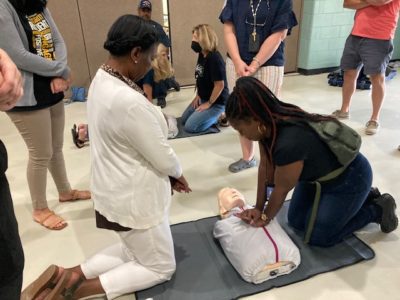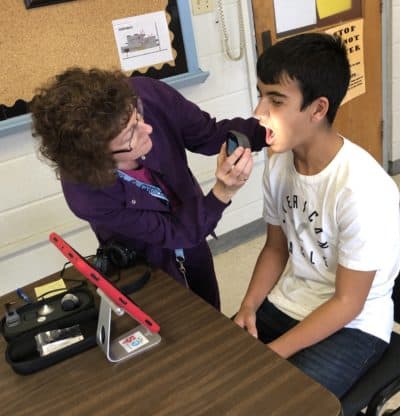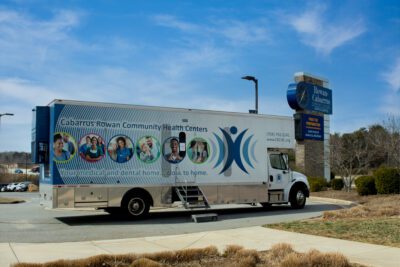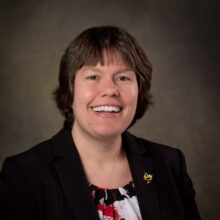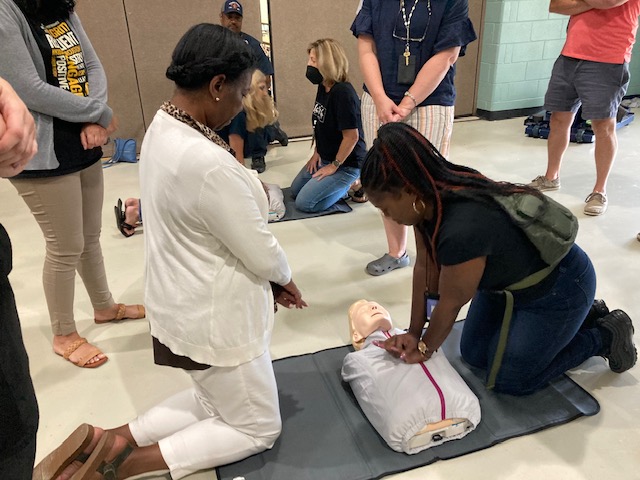
Are North Carolina schools truly prepared for a cardiac emergency? Every child deserves the best chance to come home safe at the end of the day. That means every school must be ready to respond when seconds matter most.
The nightmare of any parent is a phone call that their child has collapsed at school. For our community in Roanoke Rapids, that nightmare became reality in February 2022, when a sixth-grade student collapsed on the playground and later tragically passed away from a cardiac event.
In the aftermath of that heartbreaking loss, our district made a commitment. We vowed to prioritize cardiac safety and preparedness in every school. That commitment led us to develop Cardiac Emergency Response Plans (CERPs) for each campus, purchase additional automated external defibrillators (AEDs), expand CPR and AED training, and conduct regular drills to ensure our staff and students are ready. At the heart of these efforts are the CERPs themselves — clear, practiced, lifesaving plans.
![]() Sign up for the EdWeekly, a Friday roundup of the most important education news of the week.
Sign up for the EdWeekly, a Friday roundup of the most important education news of the week.
The statistics speak volumes: More than 356,000 cardiac arrests occur outside of a hospital each year in the U.S., and nearly 90% are fatal. Yet when a CERP is in place and activated, survival rates can increase by 50% or more. Despite this, most North Carolina schools still do not have CERPs, often because they have not yet faced a cardiac emergency. But waiting until tragedy strikes is far too late.
As we begin a new school year, it’s important to remember that school safety extends beyond locked doors and fire drills. A comprehensive safety plan must also include a Cardiac Emergency Response Plan. And because schools are not only places for children to learn but also hubs for community events, the importance of being ready extends even further.
That is why our district is joining the American Heart Association in advocating for the Smart Heart Act. This vital legislation would ensure that every public and charter school in North Carolina has a CERP in place, with AEDs accessible, staff trained to act, and resources provided to sustain readiness year after year.
We are calling on teachers, students, coaches, parents, and health care professionals across our state to contact their legislators, commissioners, and school board members to voice their support for the Smart Heart Act.
This back-to-school season, let’s make children’s heart safety a key part of our checklist. We cannot wait for another young life to be placed at risk. By preparing now, we can save lives tomorrow.
Recommended reading
